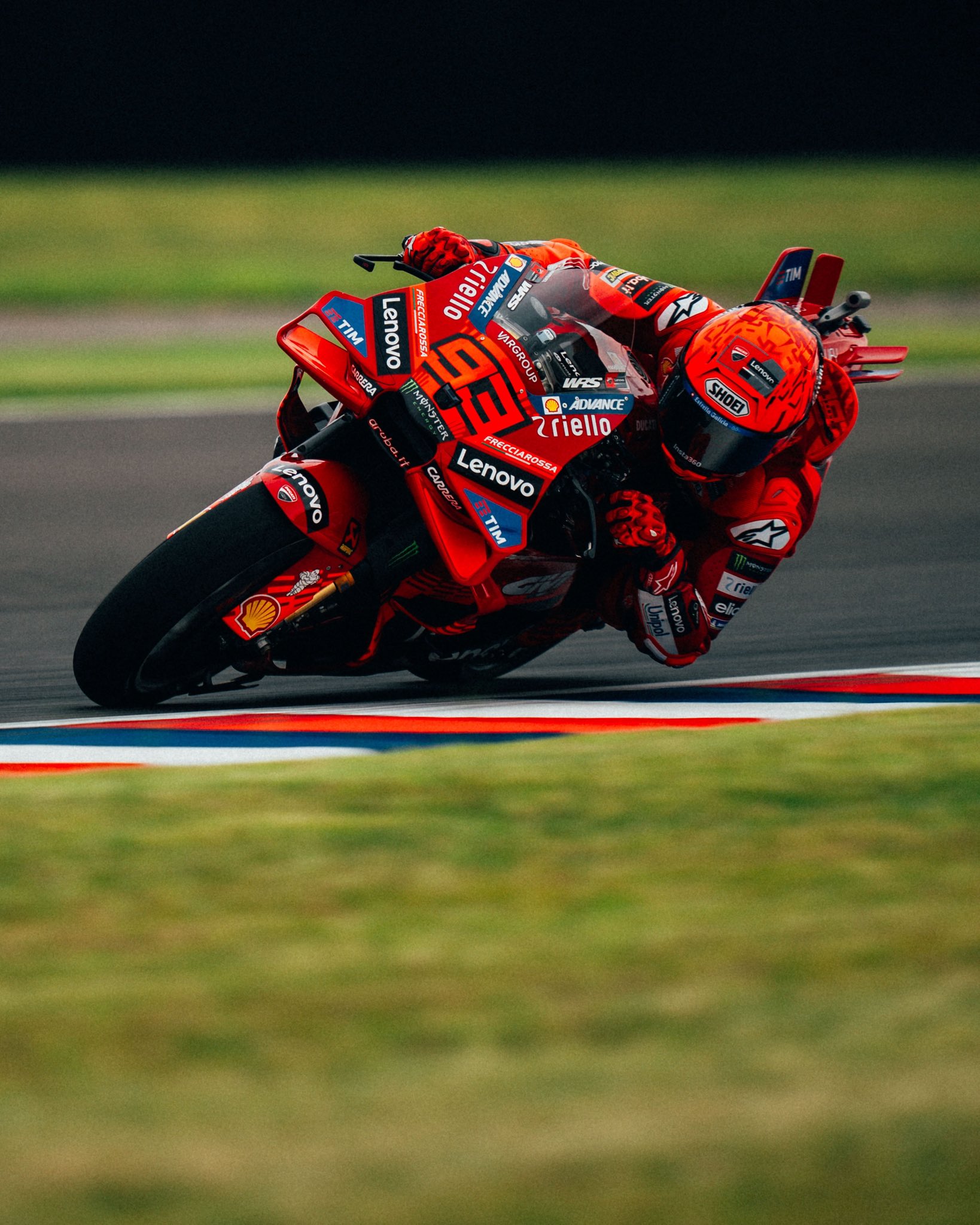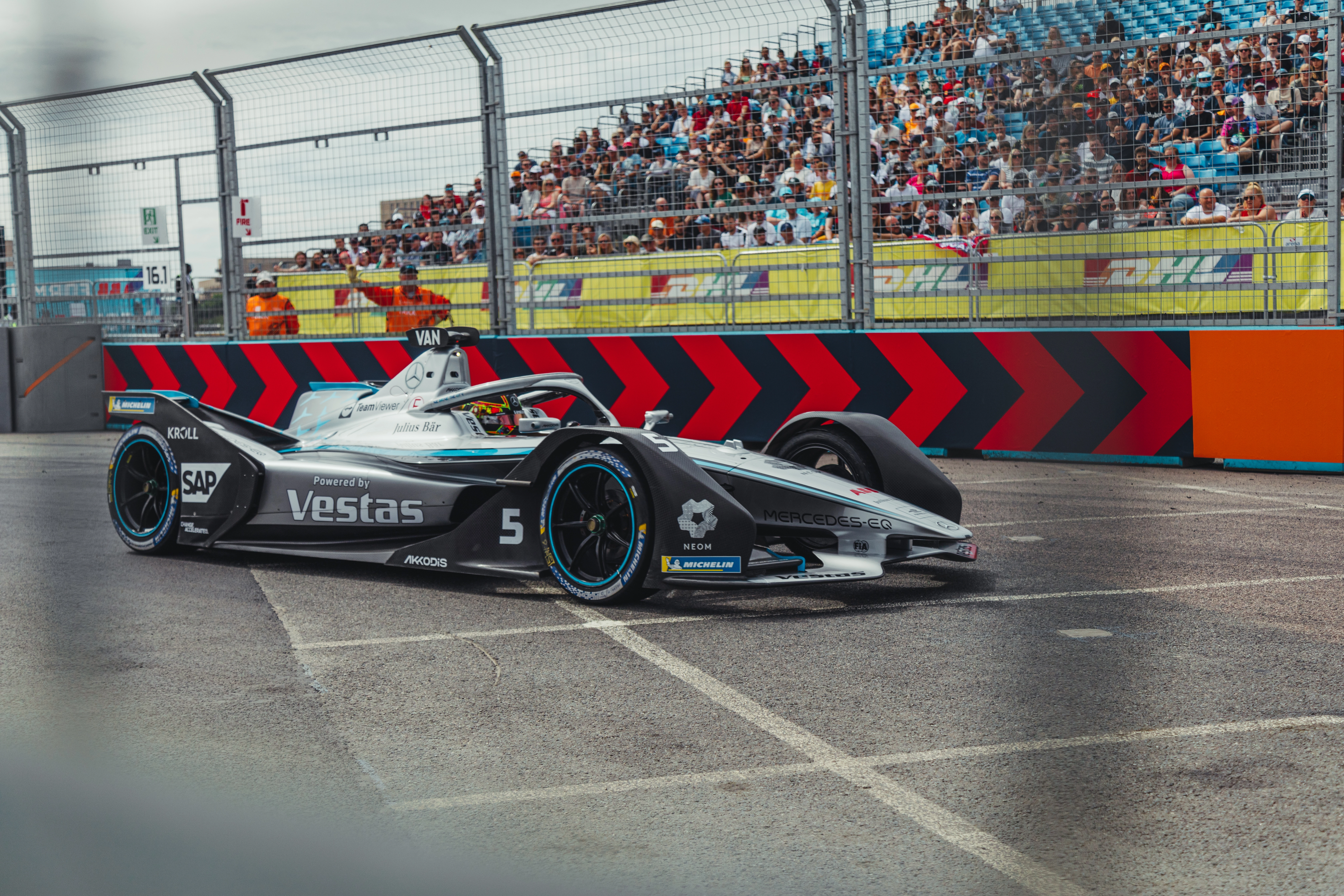Mick Schumacher at Haas: was more time warranted?
- Archie O’Reilly

- Nov 29, 2022
- 7 min read
Updated: Jan 3, 2025
Written by Archie O’Reilly, Edited by Vyas Ponnuri

“It’s disappointing in some ways, because I feel like I’ve been doing a good job up to this point,” Mick Schumacher said in the drivers’ press conference prior to the season-ending Abu Dhabi Grand Prix. “On the other hand, the team decided to go that way, so I have to respect that. And so I’m focused on the future now.”
The press conference is usually a time when drivers share jokes between one another while awaiting their turn to speak to the media. But, while his fellow drivers were fielding questions, Schumacher was sitting, looking glum on one of the end chairs.
Earlier that day, Haas had announced that Schumacher was not going to be renewed for the 2023 season, with Nico Hulkenberg taking his seat.
In many ways, the decision reached by Haas feels harsh. There is sense in Schumacher’s claims in the press conference that “Last year, I don’t even know if you can really count it as a year, because obviously it was a tough one - we were only at the back”.
The car Haas ran in 2021 was essentially their 2020 car all over again, with their focus on developing ahead of the 2022 regulation change. Compounding the difficulty of the season, Schumacher was in a line-up alongside another struggling rookie, Nikita Mazepin.
There is no getting away from the fact that the 2021 car was a handful, with incidents fairly synonymous with Haas throughout the campaign. Schumacher also wasn’t in the best of steads heading into 2022 as fighting at the rear often meant only finding himself able to race against the likes of Mazepin on a continual basis.
Heading into 2022, it was uncharted territory for Schumacher to be fighting among the midfield in an improved Haas car. In many ways, it should have been expected that he would take some time to get completely up to speed, faced with a sterner test of his racecraft and the pressure of being among those contending for points finishes.
New team-mate Kevin Magnussen finishing fifth-place in the opening race in Bahrain set a high precedent. And, on the basis of that, Schumacher finishing in the points twice wasn’t much to write home about.
However, it isn’t quite as straightforward as that. By the time Schumacher had become accustomed to running in a more competitive car, the performance of the Haas had started to deteriorate somewhat comparative to other teams, as upgrades were rolled out.

At Silverstone, Schumacher battled through the pack from 19th on the grid to finish eighth out of 14 finishers to earn his first points. It felt like a day that alleviated pressure for him - he had come close to finishing in the points on occasions prior, with the most painful moment probably a collision with close friend and mentor Sebastian Vettel squandering his chances of scoring in Miami.
Pressure has always been a watchword for Schumacher, given his surname; in a way, it has acted as a burden, prompting lucrative expectations. He was also under duress to deliver to prove wrong, the people claiming that he was only in the sport because of his name.
His performance in Austria, the week following Silverstone further displayed his talent. He qualified seventh to confirm a competitive starting spot for Saturday’s sprint race, holding his own to secure a ninth-place starting spot for the Grand Prix after only finding himself passed by the faster cars of Sergio Perez and Lewis Hamilton.
A sixth-place finish on Sunday in Spielberg confirmed Schumacher’s strongest weekend in Formula 1, during which he ultimately ousted experienced team-mate Magnussen. He proved his racing aptitude too, making up places during the race and producing a real spectacle during the sprint as he fought wheel-to-wheel with Hamilton.

Schumacher has always been a driver who has improved over time.
In Formula 3, albeit finishing as top rookie in the standings, he only managed 12th in the championship in his maiden term. Yet, in his second season, he claimed the championship - notably after a strong second half of the season. In that championship-winning year, he took all eight of his wins in the final 16 races, only failing to stand on the podium twice in the last 12 races; a total of 14 podiums across the season was an improvement on only the solitary third-place finish the campaign prior.
The pattern was similar in Formula 2 after Schumacher’s graduation, with a sprint race win from reverse grid pole in Hungary his only podium finish en-route to finishing 12th in his first season. In his second season, while not quite as stellar as his championship-winning year in F3, he took two feature race wins and ultimately 10 podiums to help pip Callum Ilott to the title at the death.
You can’t help but feel similar improvements were ongoing in F1 this year, with issues such as early-season crashes eradicated for the most-part.
It was unfortunate for Schumacher, having had his fair share of poor luck over the course of 2022, sometimes holding him back at times where points were possibly on the table. After qualifying sixth in the wet, an early mechanical failure in the race in Canada was gut-wrenching as Schumacher continued to chase his maiden points finish. It also felt as though strategic mishaps held Schumacher back at times.
The bad luck often started early in the weekend, with countless weekends fragmented by issues in practice sessions which meant Schumacher was back-pedalling in terms of building rhythm.

Albeit, Schumacher’s second half of the season often appeared strong when compared to Magnussen. As early as the British Grand Prix, Magnussen was keen to express to F1TV: “I’ve certainly been able to see with the data that I compare with that he’s got it.”
It was a claim that felt valid on many occasions as the season progressed. Schumacher’s ultimate deficit of 13 points to Magnussen feels stark given the team scored a total of 37 points across the season. However, when you take out the result in Bahrain which saw Magnussen acquire 10 points while Schumacher was adapting to being amid the midfield, the difference is only three points (this can be mitigated by the fact it was Magnussen’s first race back in the sport after a year’s absence, of course).
The head-to-head between the pair in races read a resounding 14-6 in Schumacher’s favour when both finished the race; Schumacher didn’t partake in the Saudi Arabian Grand Prix after a qualifying crash, while both retired in Monaco - Schumacher after a crash and Magnussen with a failure.
Schumacher often seemed to thrive alongside his more experienced team-mate that he could learn from, and he more often than not managed to stay intact with and even outperform Magnussen. It must be added that Schumacher wasn’t the only one to suffer from bad luck, with it suffice to say Magnussen had misfortune of his own - none more so than being black-and-orange flagged three times for a loose front-wing endplate.
Elements that Schumacher can still improve on were shown in Abu Dhabi, when he caused both himself and Nicholas Latifi to pendulum round when attempting an overtake. Still, he did finish ahead of Magnussen in that race.

The qualifying record was more favourable on Magnussen’s side, the Dane winning out in 16 of the 22 regular qualifying sessions throughout the season. However, the disparity shown within the record, and by moments such as Schumacher bringing up the rear as Magnussen took pole in Brazil, wasn’t totally indicative of Schumacher’s showing.
Schumacher has never been the most renowned qualifier. But the gap between the Haas drivers was minimal on a number of occasions; in Abu Dhabi, Schumacher out-qualified his team-mate, who couldn’t make it out of Q1, a week on from his historic pole position.
“Always improving,” said Schumacher’s race engineer, Gary Gannon, after Schumacher’s final qualifying session in the sport for now.
And it’s that level of improvement Schumacher has shown, which makes it somewhat confusing that Haas are instead turning to a driver who has been out of the sport for three years and, at 35 years old, can be described as a veteran.
“We need experience,” Guenther Steiner told F1’s ‘Beyond the Grid’ podcast. But questions are raised. In terms of the new generation of cars, Schumacher is a more experienced head, with additional knowledge that he is a driver in continual development. However, Hulkenberg is proven to be a consistent driver, evidenced by the occasional ‘super sub’ appearance for the Racing Point, and now Aston Martin team over his three year full-time absence.
It may seem a backwards step to many, acquiring a driver who may have had his chance in the sport. But it is understandable why Haas have opted to sign Hulkenberg.
So, what will be next for Schumacher? There have been murmurs surrounding a possible reserve role at Mercedes. And it does seem a logical step, allowing Schumacher to stay within the sport and around the paddock, possibly allowing for a route back into the sport in 2024.
Although, as a young racing driver, it would be logical if he just wants to be racing. In that case, then maybe exploring a different series could be feasible for Schumacher to make a name for himself elsewhere.
It simply hasn’t worked out for Schumacher in F1 this time around, but you never know what the future may hold. Still only 23 years old, he has plenty of time to develop, and add to the potential that he has already started to show.
With only 20 seats in the sport, F1 is a tough business. And Haas had to take the difficult decision to opt for the experience of Hulkenberg, as opposed to the youth of Schumacher.

Ultimately, maybe it just wasn’t the right fit for Schumacher at Haas. “Love you too” was Schumacher’s out-of-character, sarcastic response when being somewhat scolded over team radio for doing donuts after his final race in Abu Dhabi.
Regardless of any struggles, it has been a welcome spectacle to see the initialism of ‘MSC’ back in F1. Here’s hoping it might not be the last time, because Mick Schumacher is a good character to have in the sport, and a driver who maintains a mass of potential.











Comments